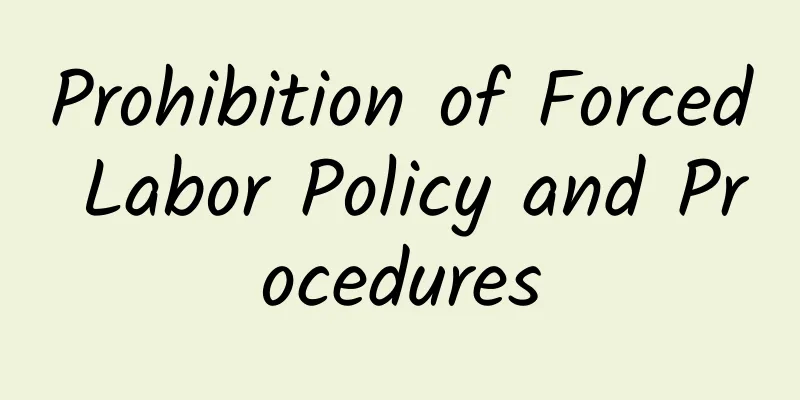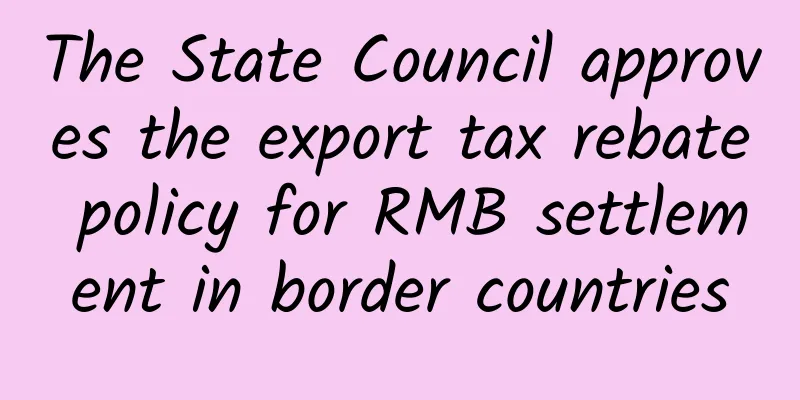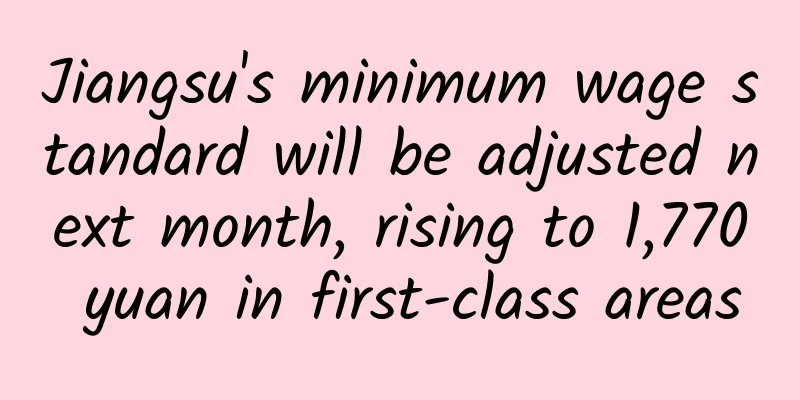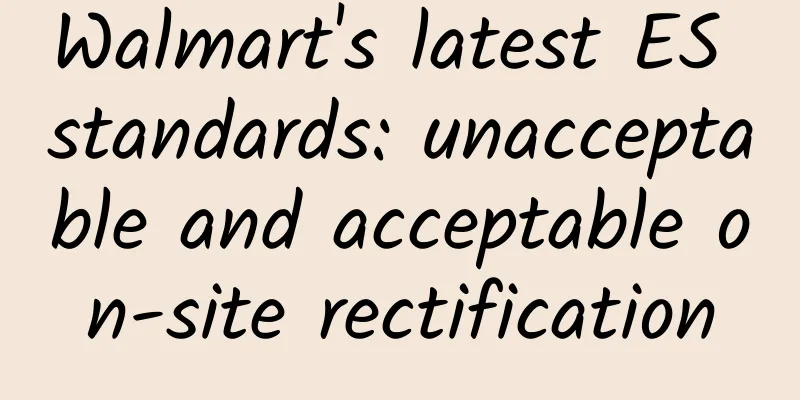Eight Misunderstandings about Corporate Social Responsibility
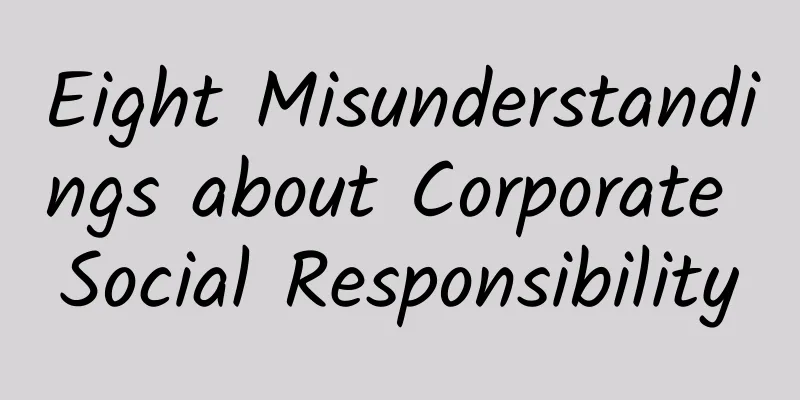
|
Misconception 1: Corporate social responsibility is SA8000. It is incomplete to confuse corporate social responsibility with standards and equate corporate social responsibility with the International Labor Standards, the Corporate Social Responsibility Code of multinational companies, and the SA8000 Certification. Misconception 2: Taking SA8000 as an international standard SA8000 is a corporate social responsibility certification system led by a non-governmental organization in the United States and claims to be an international standard. As of March this year, there were only 655 companies in the world that passed the SA8000 certification, from 40 countries and regions. However, most of these more than 600 companies are small companies, and only a few companies in developed countries have passed the certification. Misconception 3: Equating corporate social responsibility with enterprises running social affairs The so-called "enterprises running social affairs" means that under the planned economic system, the state regards enterprises as administrative units, and enterprises assume welfare functions for each employee that should have been borne by society. Corporate social responsibility means that under market economy conditions, under the premise that the economic function of enterprises is separated from their social functions, enterprises take the initiative to assume social responsibilities to employees, consumers, the environment and the community in a purposeful and planned manner, so as to achieve a win-win situation for corporate interests and social development. Misconception 4: Thinking that corporate social responsibility is the business of the enterprise itself and has nothing to do with the government. Corporate social responsibility is not entirely the business of the enterprise itself, but a broadly defined issue that transcends legal concepts. Maintaining the normal order of an economic system cannot rely solely on the self-consciousness of enterprises, but should be based on laws and rules. At present, many Chinese companies have a weak sense of social responsibility, which is not only related to the quality of some entrepreneurs, but more importantly, the relevant functional departments have not assumed the corresponding regulatory responsibilities. In recent years, my country has formulated a large number of industry norms, but the core problem is that a sound legal regulatory mechanism has not been formed and established, resulting in a lack of effective connection and checks and balances between government legislation and citizens' compliance with the law, and the fulfillment of corporate social responsibility has naturally become an empty talk. |
<<: The difference between SEARS and K-MART factory inspections and regular factory inspections
>>: 6 Misunderstandings of Customers in Factory Inspection
Recommend
Introduction to Auchan factory inspection in France
Auchan Company Introduction Founded in 1961, Auch...
Six tips for managing your eBay inventory
Inventory management is one of the biggest challe...
Timberland Timberland anti-terrorism factory inspection role
Timberland Timberland Anti-terrorism Factory Inspe...
eBay is too difficult to do business. Why is eBay so difficult?
eBay sellers have it so hard. The challenges that...
Walmart changes some of its factory inspection standards in 2015
In 2015, some of Walmart's factory inspection...
CSA--Global Safety and Environmental Certification Leader
What is CSA? CSA Group has 35,000 customers world...
What is ExportEasy? What services does ExportEasy provide?
What is ExportEasy? ExportEasy provides multinati...
ICTI New Content
ICTI New Terms Section 1: General Guidelines 1.1 ...
New fire protection issues in WCA factory inspection (2014)
The new fire protection questions added to the 20...
Demand for zero-carbon food certification surges as products lack uniform standards
Starting from the 2020 China "carbon peak&qu...
How is Baimahui? What are the advantages of Baimahui?
How about Baimahui? Shenzhen Baimahui Consulting ...
Target factory inspection consultation and audit procedures
Target factory inspection consultation and audit ...
What is Dresslily? What are the characteristics of Dresslily?
What is Dresslily? Dresslily is a clothing shoppi...
Jiangsu Province Wage Payment Regulations
(Adopted at the 12th Session of the Standing Comm...
What is ClickFunnels CRM?
ClickFunnels is actually a landing page building ...

